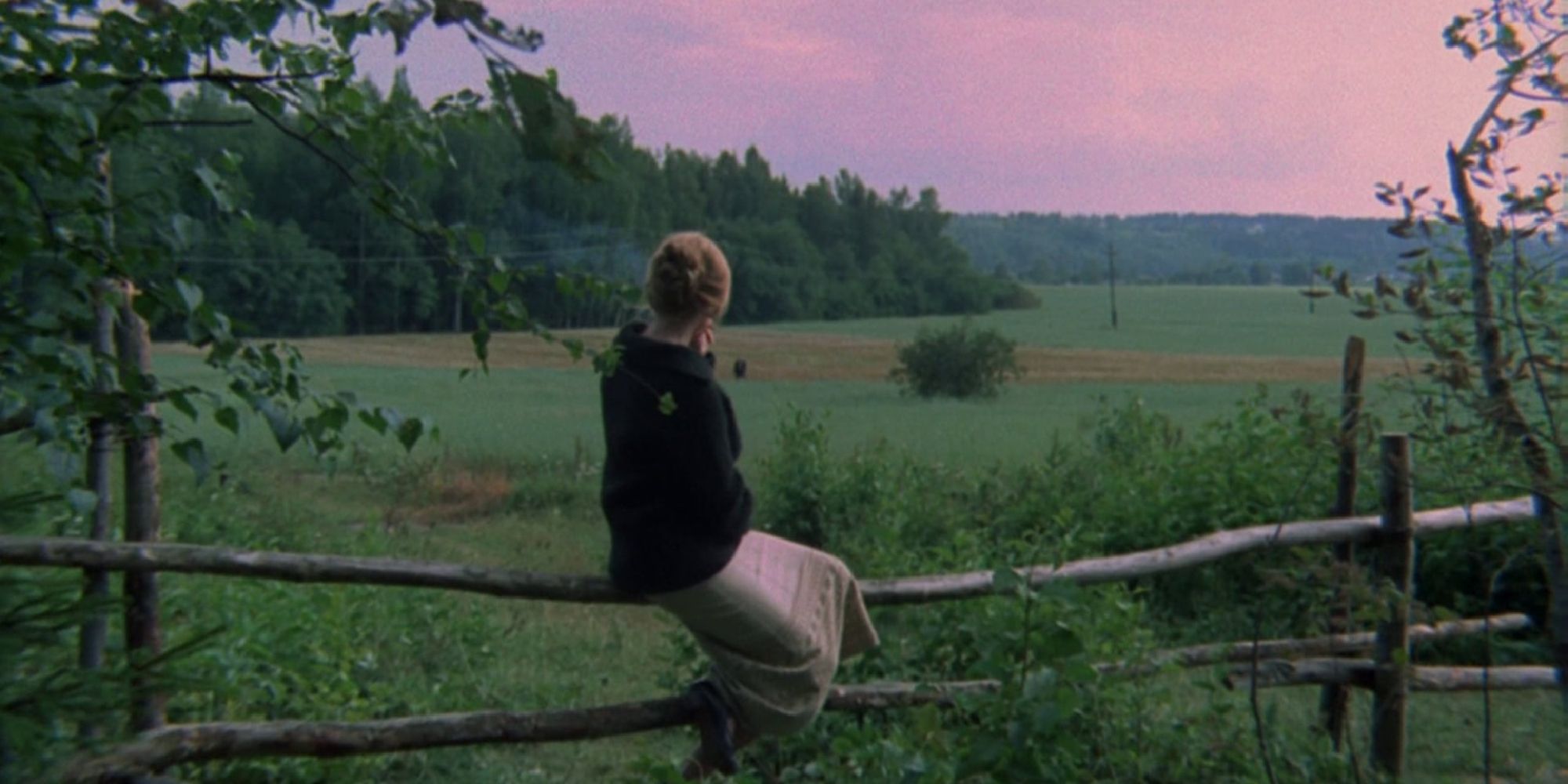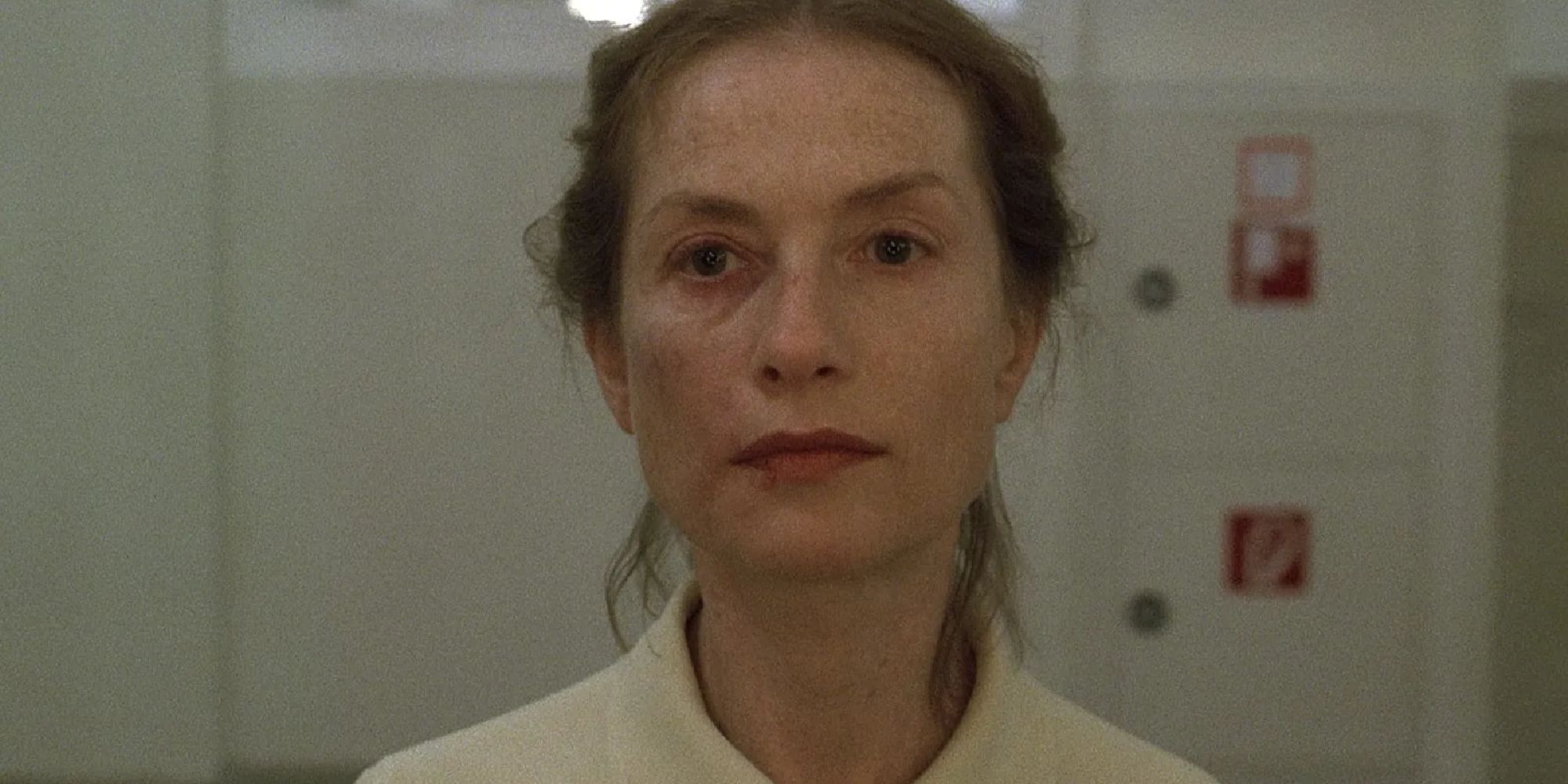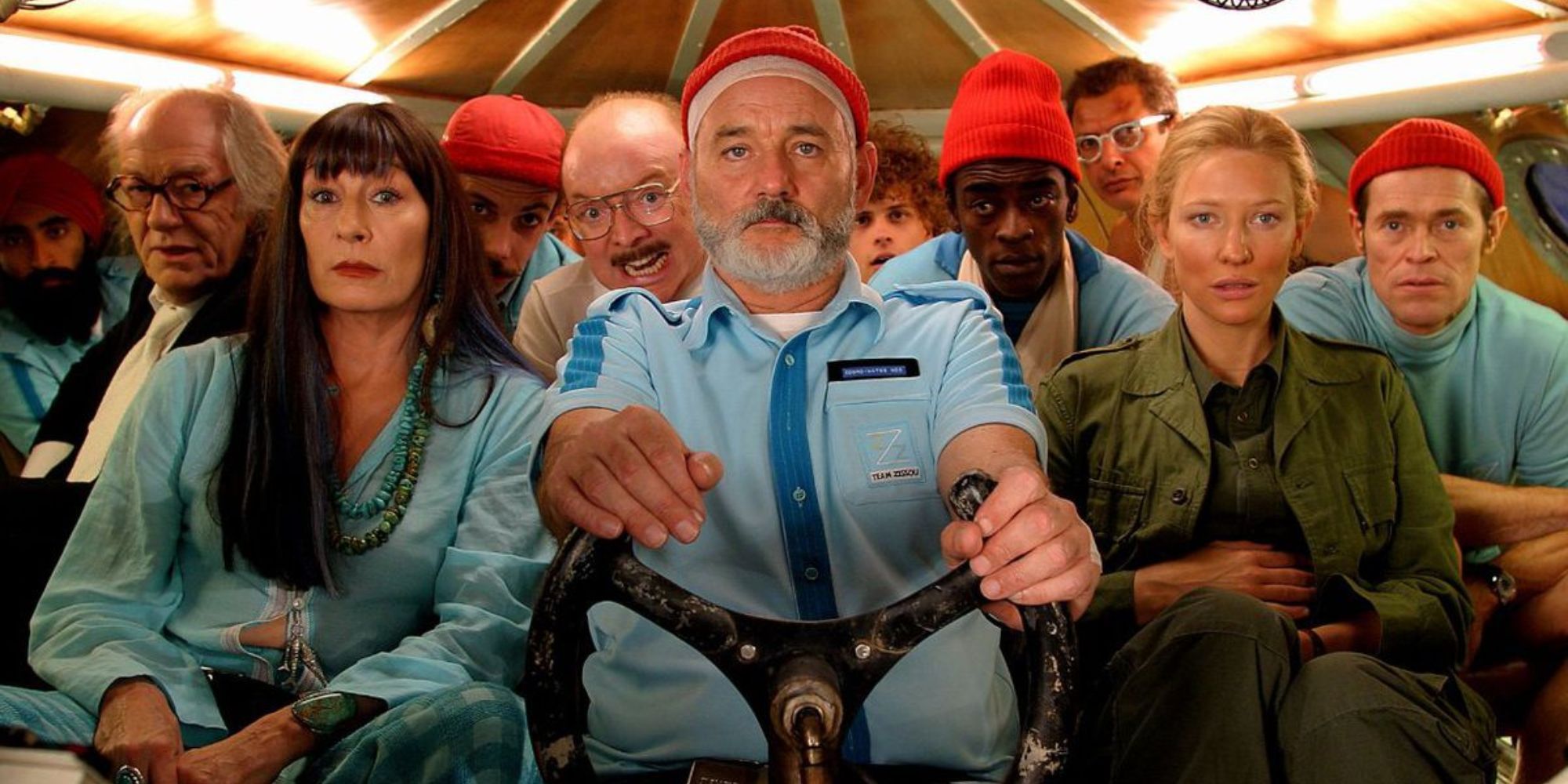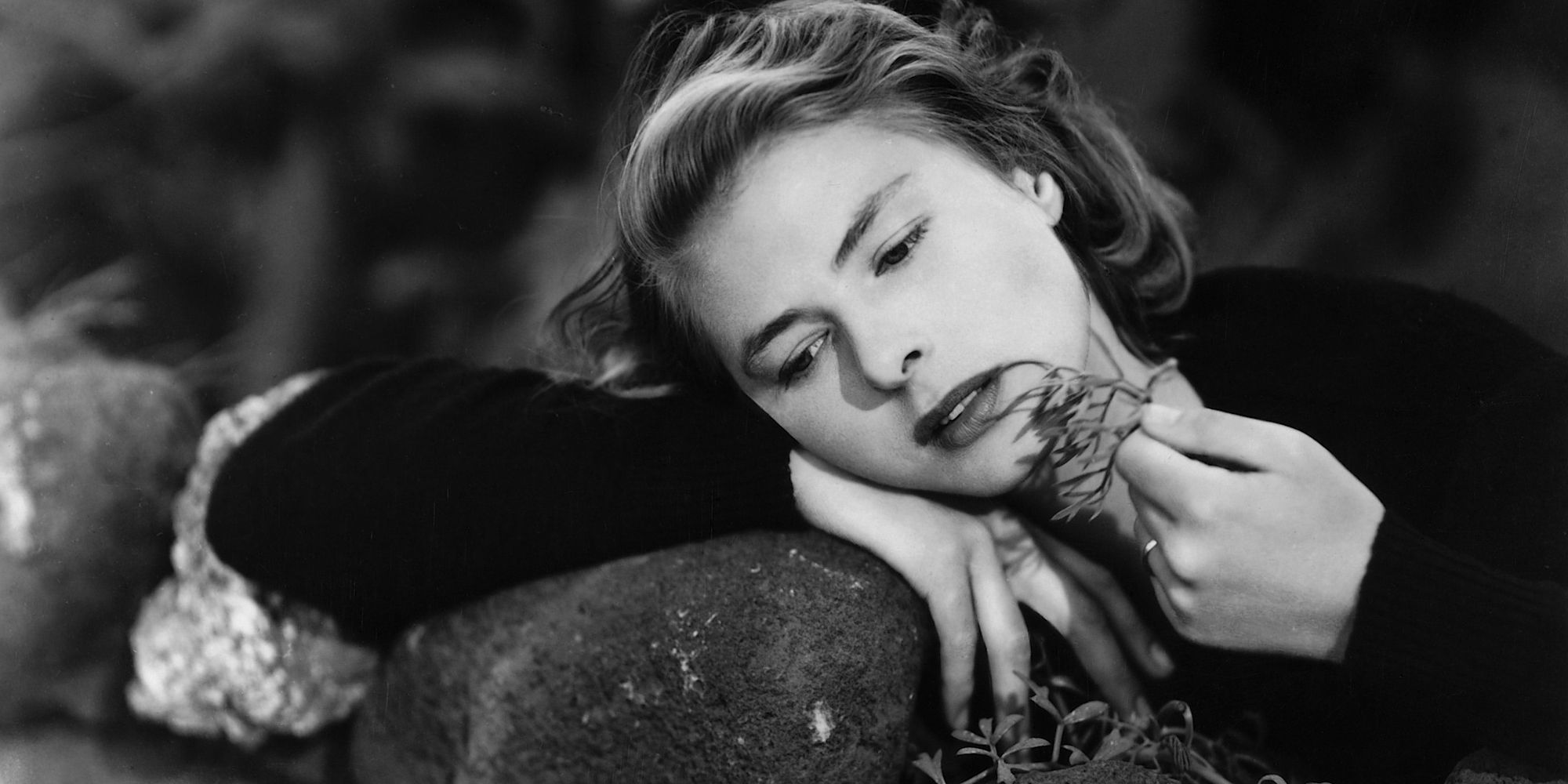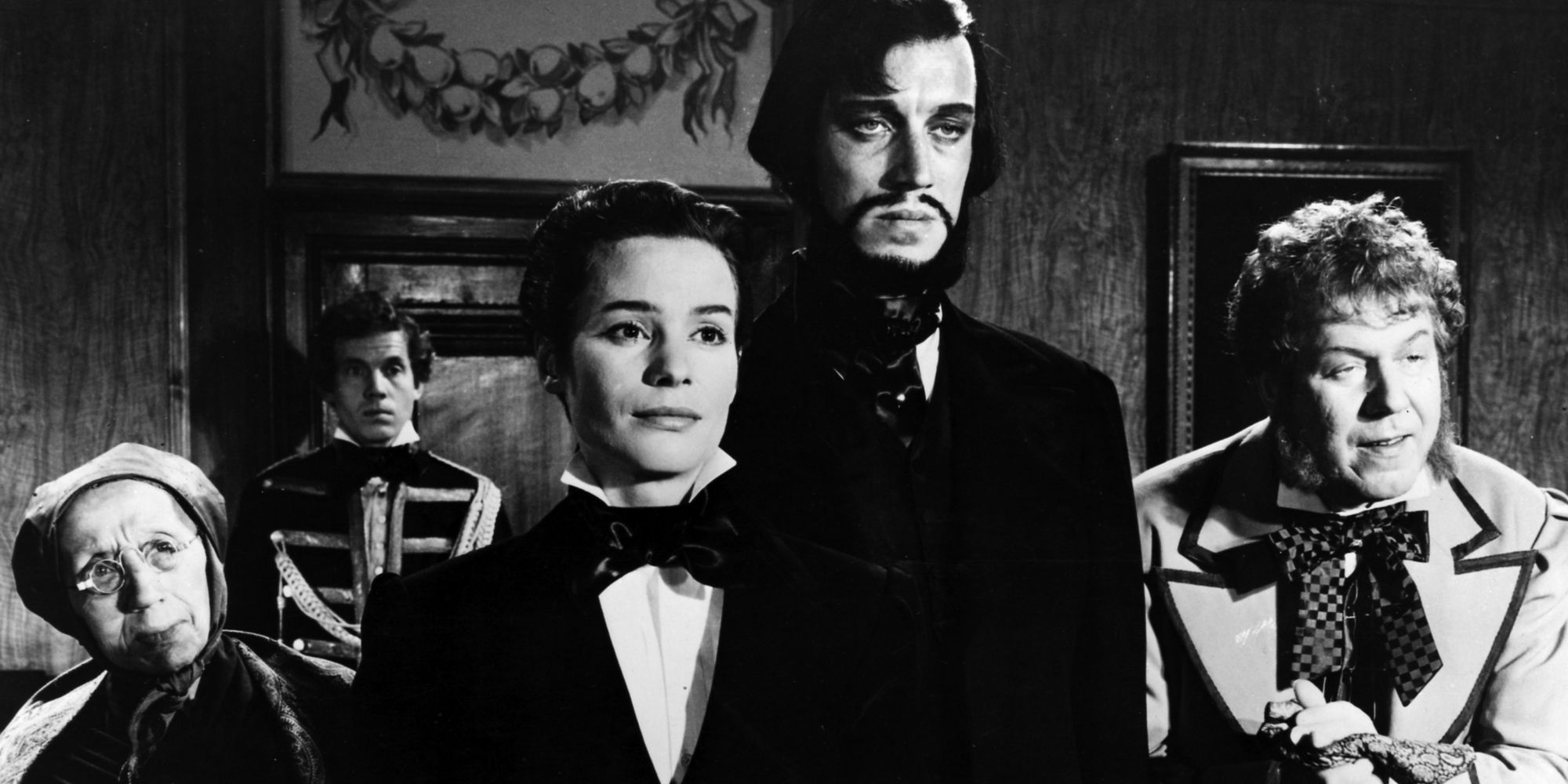Willem Dafoe is one of cinema’s great shapeshifters, excelling at a range of diverse roles across his multi-decade career. He can play over-the-top (Shadow of the Vampire), tragic (The Last Temptation of Christ), restrained (The Florida Project), villainous (Spider-Man), and madcap (The Lighthouse), seemingly with equal ease. Despite having a clear knack for playing the bad guy, Dafoe has successfully avoided being typecast. His latest project is Poor Things, directed by Yorgos Lanthimos.
Like most great actors, Dafoe is a great lover of cinema. When he speaks about the movies he loves, his enthusiasm is palpable. In interviews and during his visit to the Criterion closet, Dafoe has mentioned some of the films that inspired him and that he loves most. He has impeccable taste, meaning that most of his fans are bound to find something to enjoy among his recommendations.
10 ‘Onibaba’ (1964)
Director: Kaneto Shindō
Set during a turbulent period in feudal Japan, Onibaba centers on two women, a mother (Nobuko Otowa) and her daughter-in-law (Jitsuko Yoshimura), who are left to fend for themselves in the eerie, desolate marshlands. Their lives take a dark turn when they resort to murdering unsuspecting samurai, stripping them of their armor, and selling the stolen goods for food. Thereafter, the younger woman is tormented by a mysterious figure wearing a demonic mask.
The result is an unsettling story about the chaos of war, drawing on elements of the traditional Japanese performance style called Noh. “A very special film,” Dafoe said. “In fact, I wanted to remake it and I even got the rights for a while, but I couldn’t find a way to do it because it’s so specific to its time and I felt like any time I tried to put a spin on it, I ruined the source material, so I couldn’t do that.”
Watch on Criterion
9 ‘The Leopard’ (1963)
Director: Luchino Visconti
The Leopard is a sweeping period drama adapted from the novel by Giuseppe Tomasi di Lampedusa, frequently ranked among the greatest works of 20th-century literature. Burt Lancaster stars as Prince Don Fabrizio Salina, a nobleman grappling with the changing social and political landscape. The film chronicles the decline of the Sicilian aristocracy as a revolution threatens their centuries-old way of life. While trying to navigate this explosive situation, the Prince arranges a marriage for his charismatic but idealistic nephew Tancredi (Alain Delon), who joins the revolutionary cause.
“Fantastic. When I think I’m not right for a role because I’m not enough like the character, I always think of Burt Lancaster in The Leopard. I mean, this Hollywood guy that I’m thinking from The Swimmer […] He’s gonna be an elegant Sicilian gentleman? I don’t think so. But, you know? It worked fantastically. So when you don’t think you’re right for something, you may actually be very right for it or you might be able to find a way to get there,” Dafoe said.
Watch on Hoopla
8 ‘Pickpocket’ (1959)
Director: Robert Bresson
French legend Robert Bresson directed this minimalist masterpiece about Michel (Martin LaSalle), a skilled pickpocket who commits petty crimes as a means of rebellion against societal norms. His life intersects with those of a suspicious police inspector (Jean Pélégri) and Jeanne (Marika Green), who Michel longs for but is in a relationship with his friend Jacques (Pierre Leymarie).
Pickpocket has been compared to Dostoyevsky‘s Crime and Punishment in that it centers on a character who believes he is above the law and must then deal with the fallout from his actions. Fundamentally, the story is about the possibility of redemption. It’s thematically rich and masterfully constructed, with Bresson flexing his skill at building suspense. “[Paul] Schrader has always got Bresson on his mind and I guess I do too,” Dafoe said. Indeed, Schrader has cited Pickpocket as a major influence on his filmography, calling it “as close to perfect as there can be.”
Watch on Criterion
7 ‘Gate of Flesh’ (1964)
Director: Seijun Suzuki
Gate of Flesh takes place in postwar Tokyo where a group of sex workers band together in a bombed-out building, looking out for one another and forming a kind of makeshift family. They live by one central rule: no having sex for free. However, the situation is destabilized when Shintaro Ibuki (Joe Shishido), a wounded ex-soldier, moves in with them. Each of the women develops feelings for Ibuki, threatening to cause conflict.
Gate of Flesh is one of the finest works by Seijun Suzuki, a filmmaker who mostly made B-movies, often in the Yakuza genre. Here, he demonstrates his mastery of colorful imagery, interesting overlays, and irreverent humor. It’s a blend of pulp melodrama and brutal social commentary. “This I watched exhaustively because we used it for material when I worked with a theatre company called the Wooster Group and this was an inspiration and very important for one of our theater pieces,” Dafoe said.
Watch on Criterion
6 ‘The Devil’s Backbone’ (2001)
Director: Guillermo del Toro
This Gothic horror unfolds against the backdrop of the Spanish Civil War, as young Carlos (Fernando Tielve) is sent to a remote orphanage after the death of his father. An unexploded bomb lies on the grounds, a metaphor for the turbulent political situation. There, Carlos discovers a ghostly presence that haunts the institution. The ghost is a young boy named Santi (Junio Valverde), who meets a tragic end at the orphanage, and his restless spirit seeks justice. As with Pan’s Labyrinth, Del Toro uses the trappings of supernatural horror to craft a historical allegory.
The Devil’s Backbone is more stripped-back than most of Del Toro’s later, grander projects, but that’s also its charm. It’s both genuinely creepy and moving, helped along by the fantastic special effects one would expect from its director. The result is a transporting snapshot of childhood during wartime. “Maybe one of [Del Toro’s] best movies,” Dafoe said.
Rent on Amazon
5 ‘Mirror’ (1975)
Director: Andrei Tarkovsky
Mirror is one of the defining films by Soviet director Andrei Tarkovsky, and is frequently ranked among the greatest movies of all time. Centered around a dying poet (Innokenty Smoktunovsky), the movie uses nonlinear storytelling to construct a vivid mosaic of the protagonist’s life. In this regard, it has been compared to a piece of music rather than a traditional narrative. Some critics have also mentioned the novel In Search of Lost Time by Marcel Proust as a model for the film.
In addition, Mirror is highly autobiographical, drawing on many experiences from Tarkovsky’s own life. It’s divided into three segments: one set in the years before World War II, one during the war, and one after. As the poet’s past, present, and future intertwine, Tarkovsky explores not only the mind of his protagonist but the collective consciousness of Russia. “Lars von Trier asked me to look at this before we did Antichrist. Surprise, surprise,” Dafoe said.
Watch on Criterion
4 ‘The Piano Teacher’ (2001)
Director: Michael Haneke
The Piano Teacher is an intense erotic psychological drama by Michael Haneke, a master of dark and provocative filmmaking. The brilliant Isabelle Huppert leads the cast as Erika Kohut, a skilled and disciplined piano teacher in Vienna who has a complex relationship with her overbearing mother (Annie Girardot). Beneath her composed exterior, Erika conceals taboo desires that lead her into a tumultuous affair with her student Walter (Benoît Magimel). She asks him to indulge her sadomasochistic fantasies, a request he initially refuses. This only serves to make Erika more unstable.
The story is brutal but poetic, unfolding in ways that are shocking but cleverly foreshadowed. This is a delicate balancing act, but the film succeeds thanks to Haneke’s meticulous direction and the fearless performances. Dafoe praised Huppert’s work, in particular. “We love Isabelle. We love her so much. She’s such a good actress and she always is surprising us and she’s a peach,” he said.
Watch on Criterion
3 ‘The Life Aquatic with Steve Zissou’ (2004)
Director: Wes Anderson
This typically whimsical Wes Anderson movie follows the eccentric oceanographer Steve Zissou (Bill Murray), as he embarks on a journey to take revenge on the mythical Jaguar Shark that killed his partner during a documentary expedition. Zissou is joined by a motley crew of quirky characters, including his estranged wife (Anjelica Huston), a pregnant journalist (Cate Blanchett), a bond company stooge (Bud Cort), and a pilot (Owen Wilson) who believes Zissou is his father. As they sail aboard the research vessel Belafonte, the crew encounters a series of absurd and surreal adventures, from pirate attacks to unexpected discoveries.
This one may be something of a cheat since Dafoe himself appears in it but, nevertheless, he selected it as one of his all-time favorites during his search through the Criterion closet. “I love this movie,” he said. “I like Life Aquatic because it floats for a long time and there’s lots going on where you think, ‘What the hell?’ But at the end, it lands emotionally in a way that is incredible. This movie should be seen more. Some of those shots, oy vey.”
Watch on Hoopla
2 ‘Stromboli’ (1950)
Director: Roberto Rossellini
A quintessential work of Italian neorealism, Stromboli revolves around Karen (Ingrid Bergman), a displaced Lithuanian woman who marries an Italian fisherman, Antonio (Mario Vitale), to escape a refugee camp. The couple settle on the remote island of Stromboli, where Karen grapples with the harsh realities of a desolate existence and clashes with the traditional values of the close-knit community. The locals live in the shadow of an active volcano, which last seriously erupted in 1921.
Like many of Roberto Rossellini‘s movies, particularly Germany, Year Zero, and Europe ’51, Stromboli is concerned with the experiences of people in Europe in the immediate aftermath of World War II as they try to chart a life amid the ruins. Most critics panned the film on release, finding it monotonous and confusing. However, its critical standing has improved dramatically in the intervening decades, with some now ranking it among Rossellini’s very best works. Dafoe called it simply “fantastic.”
Watch on Criterion
1 ‘The Magician’ (1958)
Director: Ingmar Bergman
The Magician follows Albert Emanuel Vogler (Max von Sydow), a self-proclaimed sorcerer who travels through a small 19th-century Swedish town accompanied by his troupe. After word spreads about Vogler’s supernatural abilities, the authorities seek to put a stop to the troupe’s performances. Led by the rational and scientific Dr. Vergerus (Gunnar Björnstrand), the powers that be subject the performers to all manner of tests, seeks to expose them as charlatans. However, Vogler and his crew always stay one step ahead. It’s a bruising and frequently funny battle of wits.
The character of Vogler is endlessly intriguing, with many fantastic scenes, and von Sydow plays him to perfection. As a magician, he traffics in illusion, and it’s unclear how much of him is real and how much is a facade. In this regard, Vogler becomes a metaphor for artists and storytellers in general. Dafoe named The Magician among his four all-time favorite films while speaking to Letterboxd.
Watch on Criterion


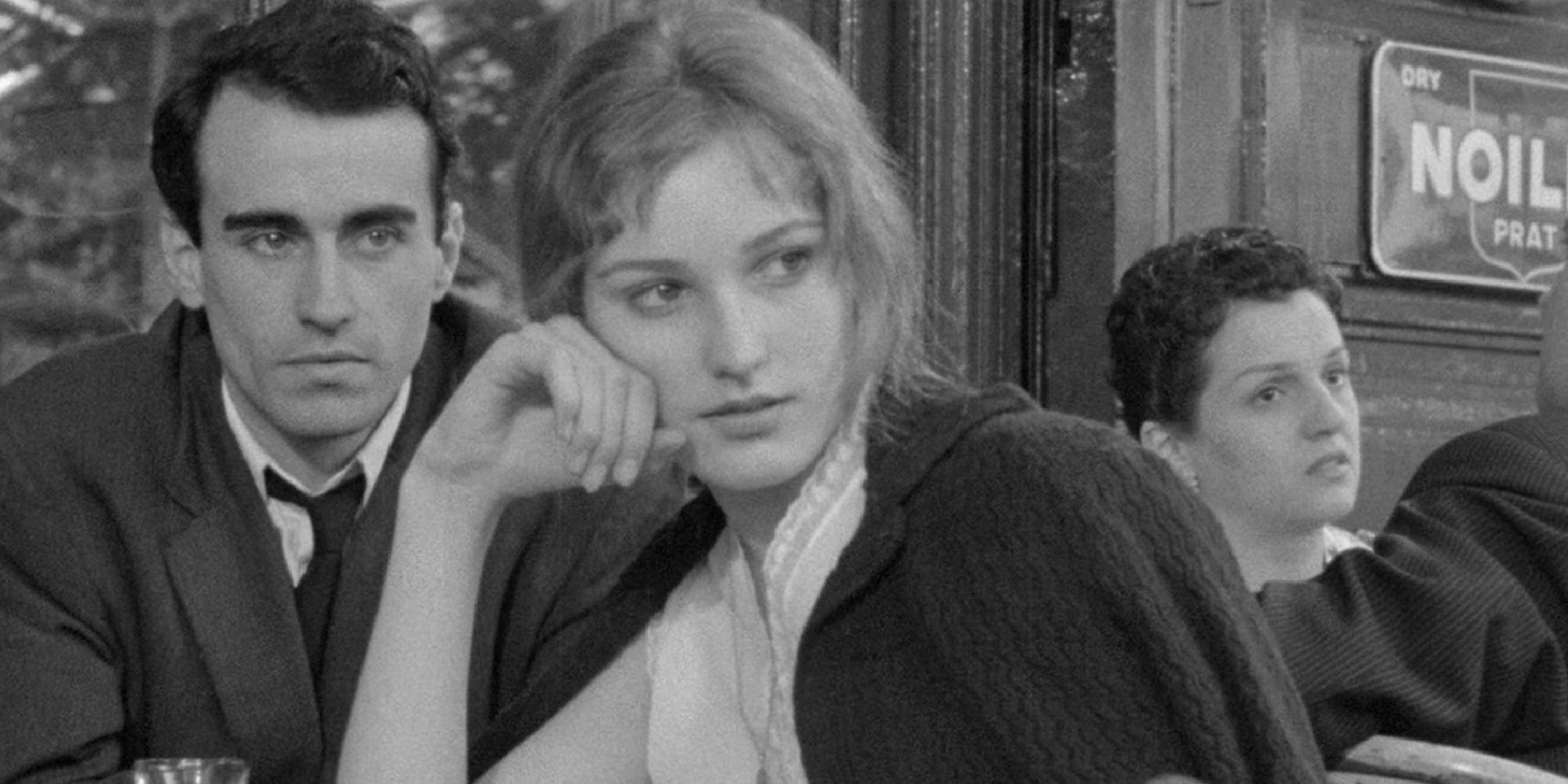
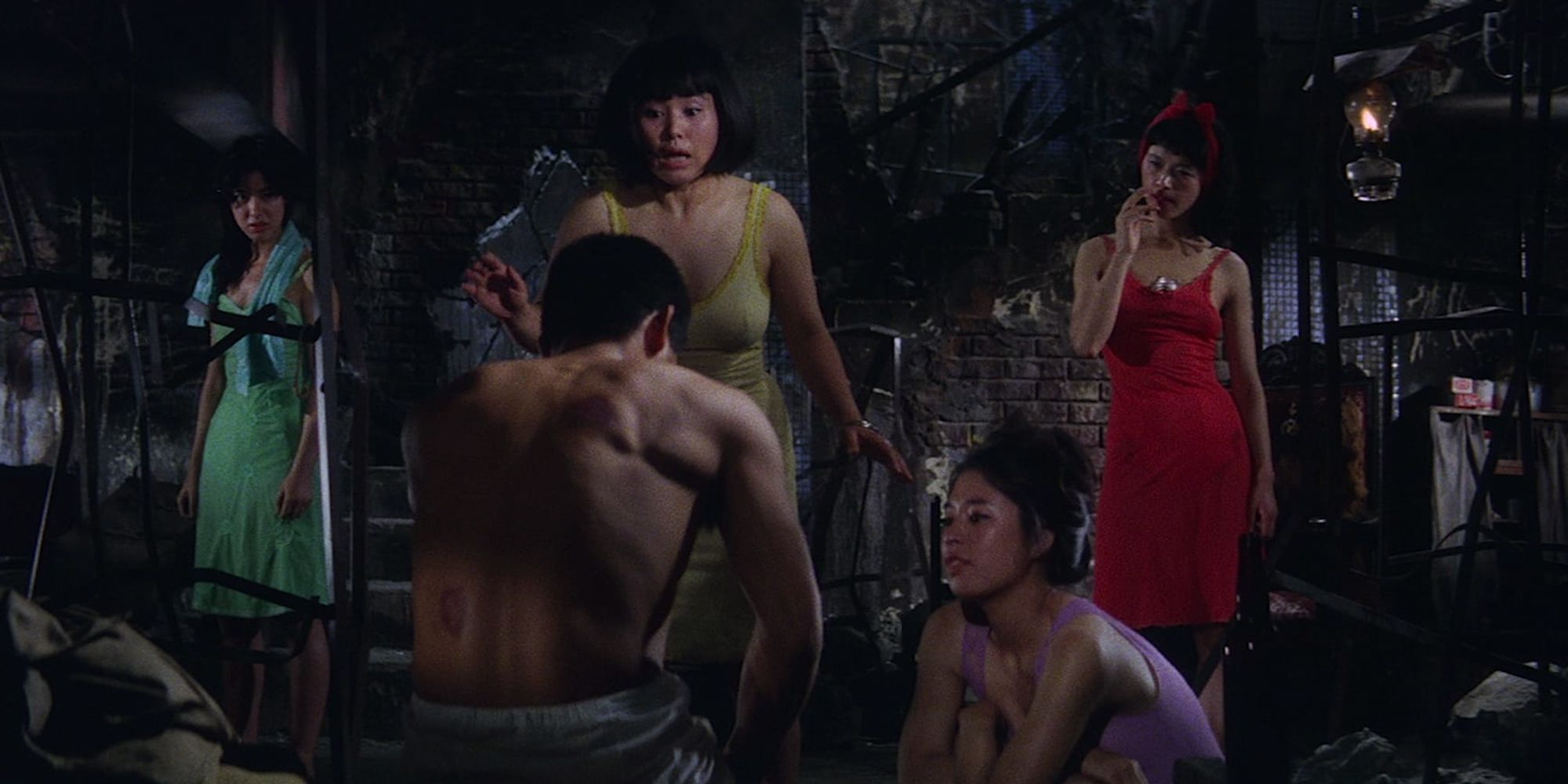
.jpg)
